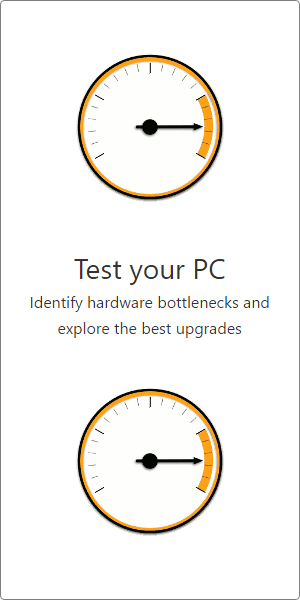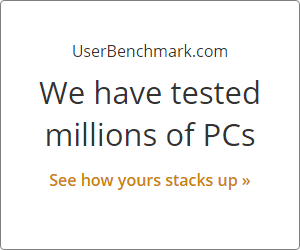Effective Speed
+9%
External Data: 1080p
+10%
Average Score
+13%
Overclocked Score
+13%
Value & Sentiment
+1%
Nice To Haves
+8%
Specifications
Conclusion
Average Bench 101%
Average Bench 110%
User Builds
65,651
4,259
Systems with these CPUs
Top Builds that include these CPUs
Frequently Asked Questions
Processors FAQ
ALL FAQs »

 CPU
CPU
